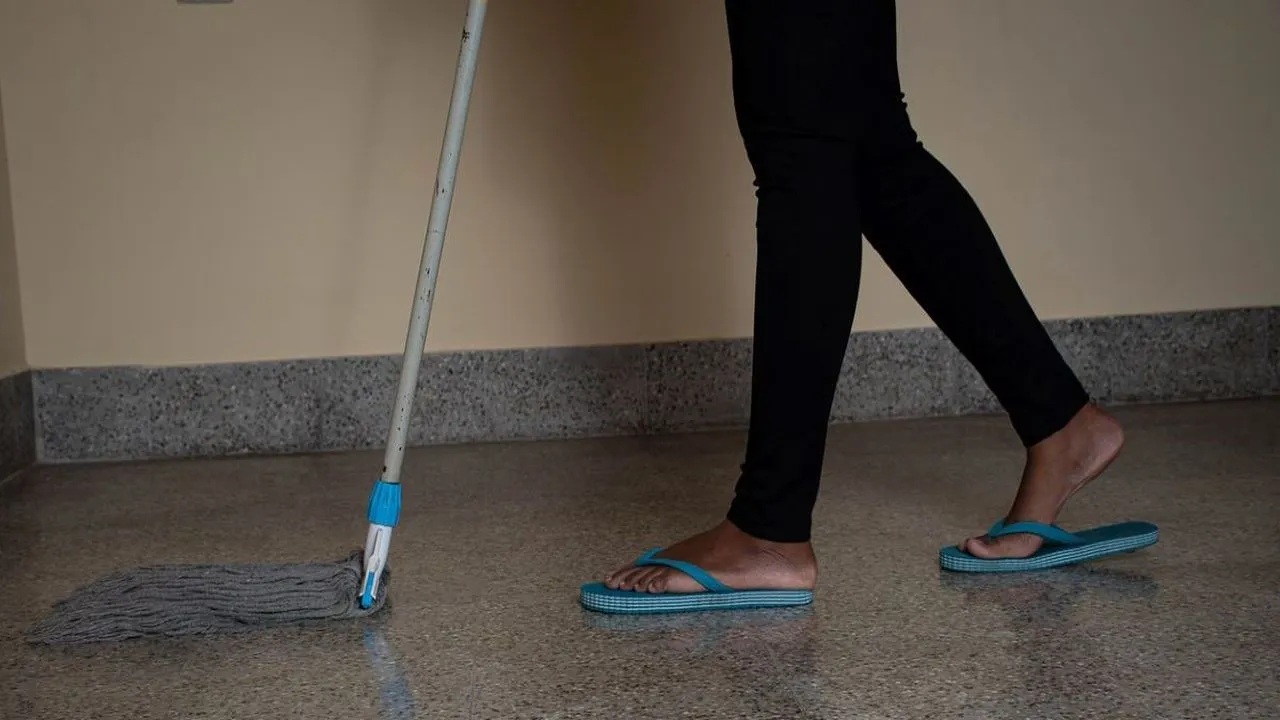If employers or service providers fail to register or renew registration, and are paying less than minimum wages, or violating other provisions, they can face imprisonment of up to six months and fines ranging from ₹20,000 to ₹50,000.
Published Sep 21, 2025 | 2:47 PM ⚊ Updated Sep 21, 2025 | 2:48 PM

According to the draft of the Karnataka Domestic Workers (Social Security and Welfare) Bill, 2025, all domestic workers employed within the state, service providers, and employers must register with the authorities.
Synopsis: A state Domestic Workers Social Security and Welfare Board will also be set up. The state government, in consultation with the Board, will fix the minimum wages payable to domestic workers and their working hours, which shall constitute a normal working day. The draft Bill caps the working duration at 48 hours a week.
The Karnataka government will soon propose a law to regulate the working conditions of domestic workers in the state.
According to the draft of the Karnataka Domestic Workers (Social Security and Welfare) Bill, 2025, all domestic workers employed within the state, service providers, and employers must register with the authorities (which will be notified by the state government) concerned.
A state Domestic Workers Social Security and Welfare Board will also be set up. The state government, in consultation with the Board, will fix the minimum wages payable to domestic workers and their working hours, which shall constitute a normal working day. The draft Bill caps the working duration at 48 hours a week.
The Board will also frame social security and other welfare schemes for registered domestic workers and their families. To fund these schemes, the draft Bill proposes either a welfare fee of up to five percent of workers’ wages paid by employers/service providers or a one percent levy on property tax collected by municipal bodies, along with fines and government grants.
If employers or service providers fail to register or renew registration, and are paying less than minimum wages, or violating other provisions, they can face imprisonment of up to six months and fines ranging from ₹20,000 to ₹50,000.
Consultations for the Bill are still ongoing.
